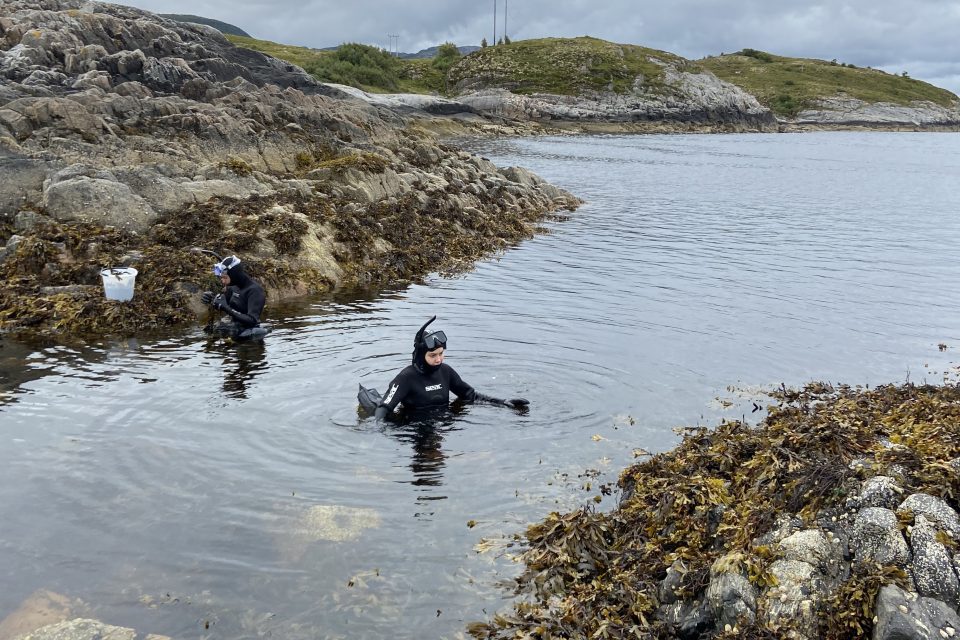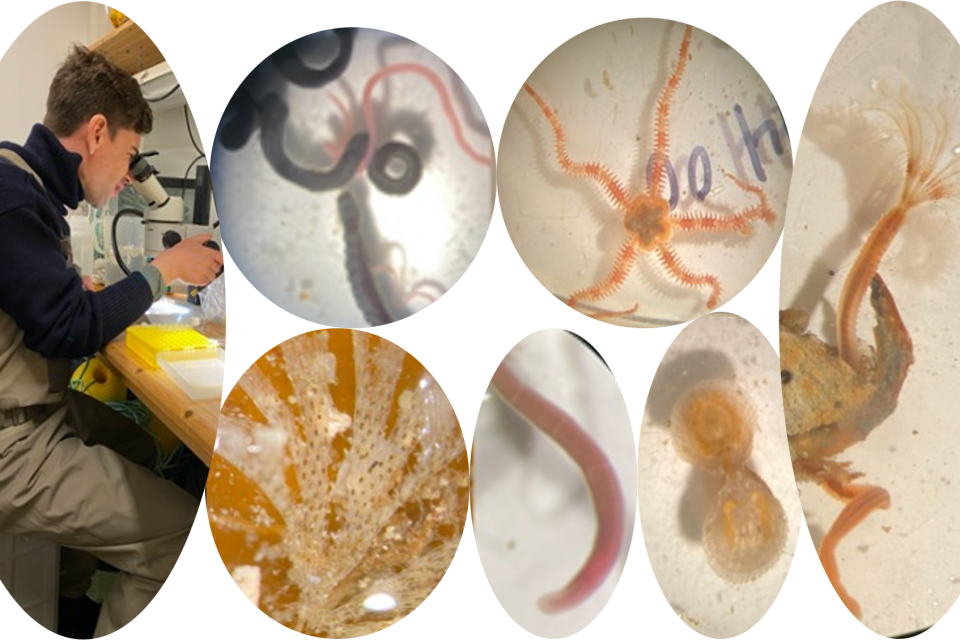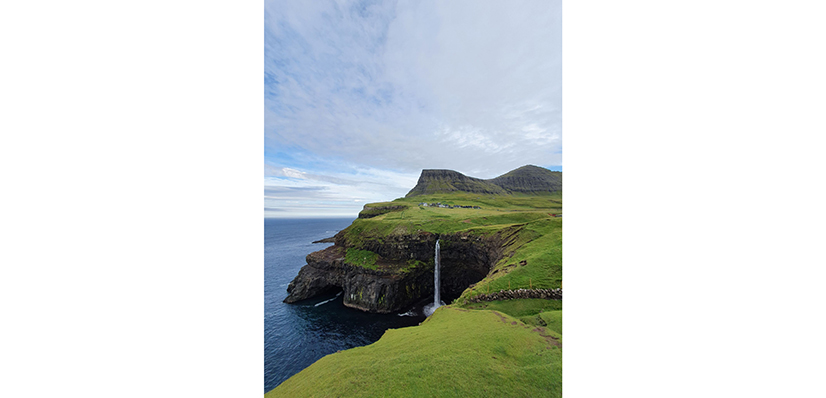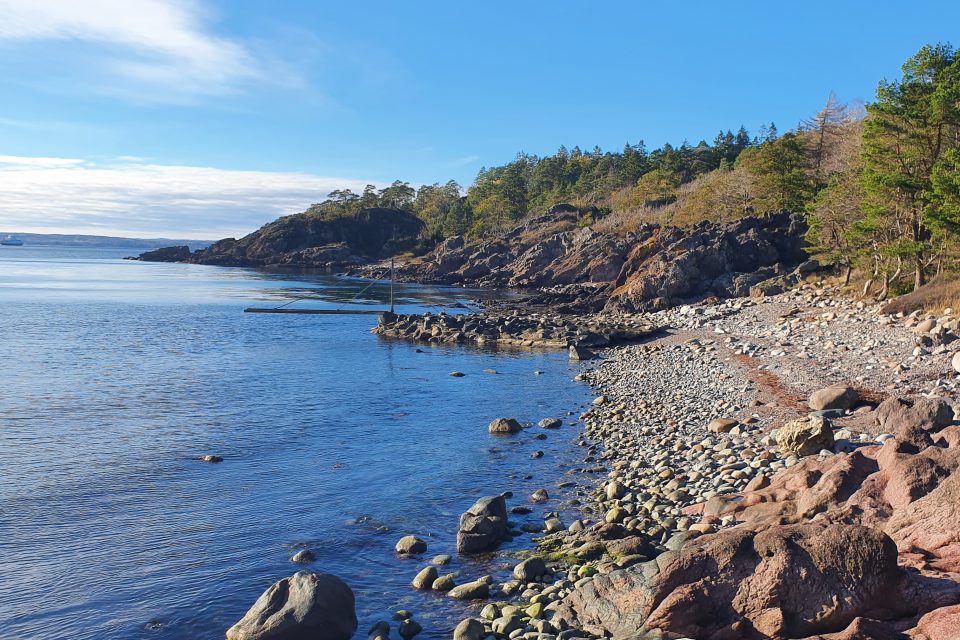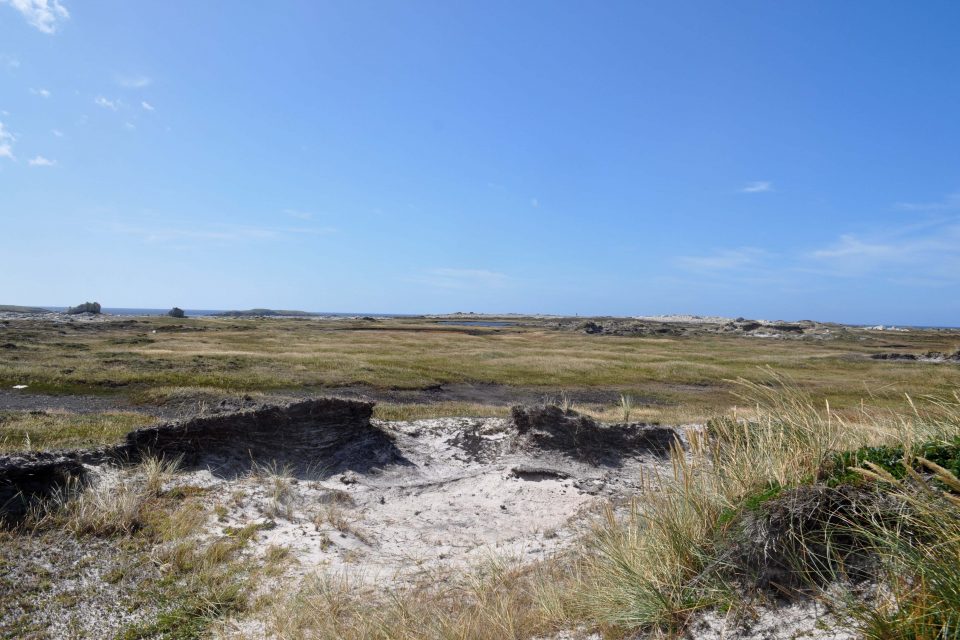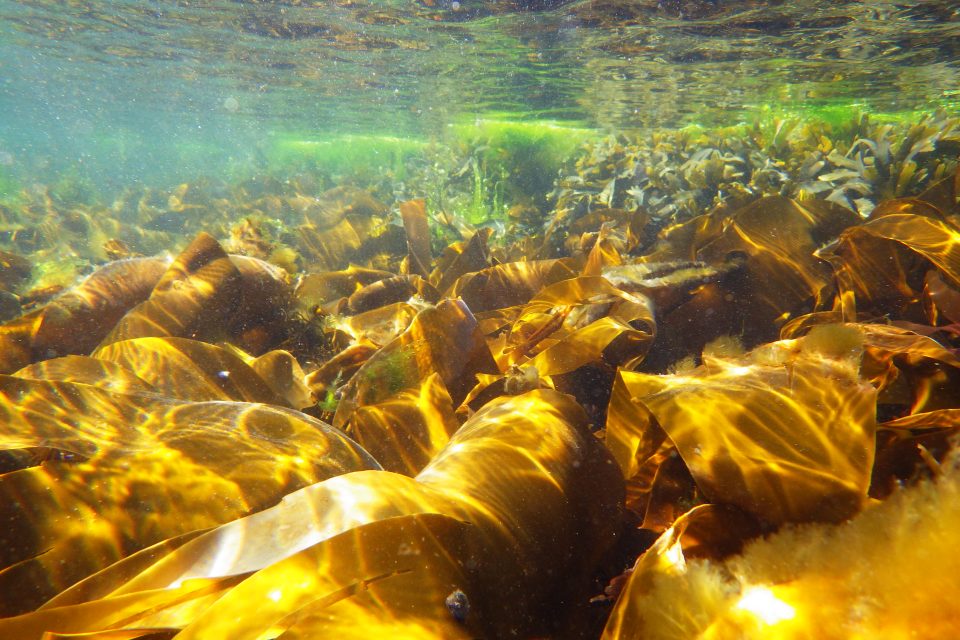
How to spend summer in Norway: fieldwork on the west coast
Summer is here, so it’s time for the Artsdatabanken project team to go back to the field. Or to the sea, in our case. After driving 500km from the east to the west coast, through beautiful mountains and majestic fjords, we arrived at Austevoll (Figure 1), an archipelago […]
